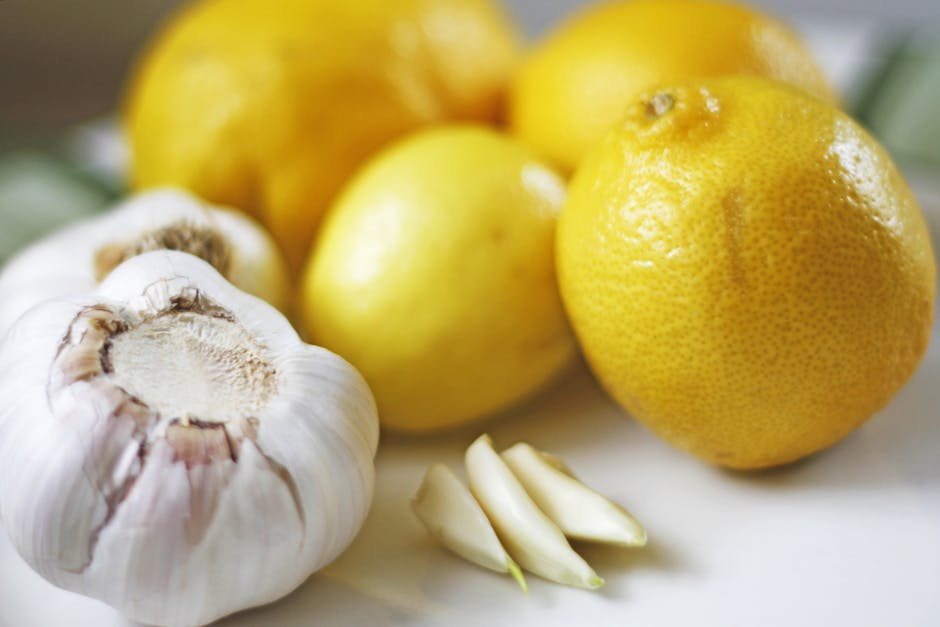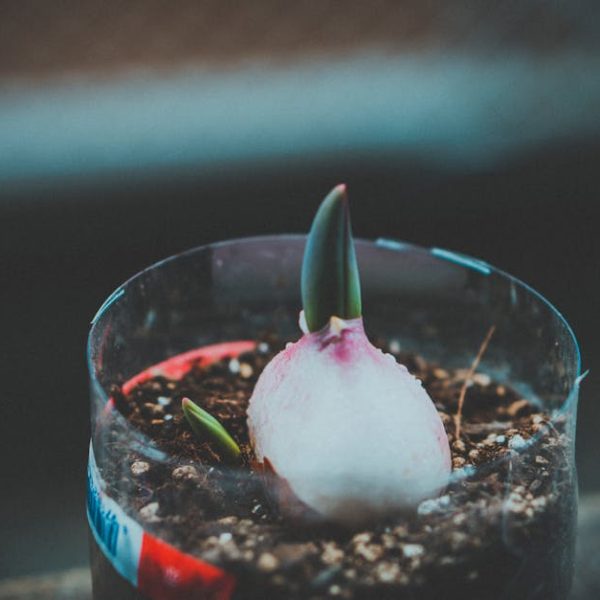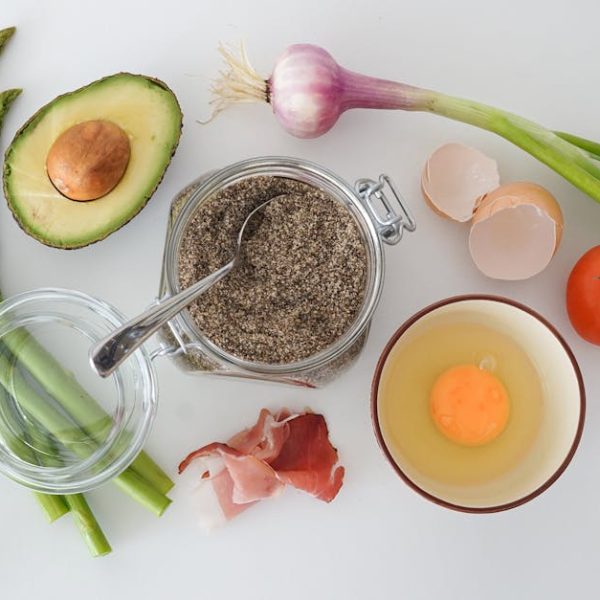Lemons, with their tangy, zesty freshness, can instantly brighten up any dish you’re preparing. However, you may find yourself wondering: How can I keep these vibrant fruits at their best for as long as possible? Well, you’re in luck, as we’re about to present more than seven amazingly easy methods to store lemons effectively. This guide encompasses whole, cut, and even lemon-based products, ensuring you always have a taste of summer on hand, no matter the season.
Ways to Store Whole Lemons
Whole lemons can last for a while without losing their freshness. Here are three effective methods worth trying:
- **Room Temperature Storage:** If you’re likely to use them within a week, room temperature storage is an ideal choice. Simply place your lemons in a bowl away from direct sunlight and heat sources.
– *Pro:* They’re always handy when you need to add them to a dish.
– *Con:* They lose their freshness more quickly than when stored under cooler conditions.
- **Vegetable Bag Storage:** Using vegetable bags in the refrigerator will effectively extend the freshness of your lemons.
– *Pro:* The breathable material of vegetable bags provides a perfect environment for lemons.
– *Con:* This method requires ample refrigerator space and may lead to moisture build-up.
- **Refrigeration:** Storing lemons in your fridge—preferably in the crisper drawer—is ideal for long-term storage.
– *Pro:* Whole lemons stored in a fridge last up to four times longer than those kept at room temperature.
– *Con:* It’s a bit of an ‘out of sight, out of mind’ approach that might lead to lemons being forgotten.
Tip: Regardless of the method you choose, always pick lemons that are firm, bright yellow, and slightly shiny for storage—these are at their peak freshness.
Storing Cut Lemons
Having cut lemons on hand is useful, but they can dry out quickly if not stored properly. Here’s how to avoid that:
- **Plastic Wrap:** Wrap the cut side of the lemon tightly in plastic to block out air.
- **Airtight Containers:** Place the cut lemon in an airtight container. This uses less plastic and keeps the lemon fresh for longer.
- **Freezing:** For an even longer shelf-life, freeze the cut lemon pieces individually on a tray before transferring them to a freezer bag.
Pro tip: When comparing these methods, plastic wrap and airtight containers keep your cut lemon fresh for 3-4 days in the fridge, while freezing extends its lifespan to 3-4 months. Of course, frozen lemon will have a slightly changed texture upon thawing, but is still excellent when used for cooking or juicing.
Preserving the freshness, tang, and vitality of lemons doesn’t have to end with merely storing the fruit—there are myriad ways to store, preserve, and elongate the life of lemons. Innovations include preserving lemon juice and zest by freezing and dehydration, as well as how to store lemon-based dishes for added longevity and flavor. In our next section, we’ll plunge into the finer details of these methods and more.
Preserving Lemon Juice and Zest
When life gives you more lemons than you can use, juice them and zest them!
- **Freezing Juice:** Juice your lemons and pour the juice into ice cube trays. Once frozen, transfer the cubes into a resealable bag.
– *Best Practice:* Freeze immediately after juicing to maintain the freshness and nutrient content.
- **Freezing Zest:** Zest the lemon before juicing it. Place the zest in a small container and freeze it.
– *Best Practice:* Just like the juice, zest should also be frozen immediately to maintain its bright flavor.
- **Dehydrating:** Using a dehydrator or an oven set to a low temperature, you can dry lemon zest for longer preservation.
– *Best Practice:* Ensure the zest is evenly spread in a thin layer and dehydrate until completely dried.
Pro tip: Remember to stir your lemon juice before using, as some settling may occur during storage. Furthermore, you can add portions of your frozen zest directly into your cooking, no thawing required!
Storing Lemon-Based Products
Lemon-based products like lemon curd, marmalade, and lemonade can easily enhance your dishes with a tangy twist. How you store them ensures how fresh they taste later on.
- **Pantry:** For unopened, commercially-canned lemon products, pantry or cupboard storage is suitable.
– *Best Practice:* Ensure the pantry is cool, dry, and dark.
- **Refrigerator:** Store homemade or opened lemony goods in the fridge.
– *Best Practice:* Use airtight glass containers to keep the flavors intact.
- **Freezer:** You can freeze most products like lemon curd and lemonade for longer storage.
– *Best Practice:* Leave some space in the container for expansion during freezing.
Pro tip: A cold spoon can instantly test the setting point of your lemon marmalade if you’re making it at home.
Interesting Ways to Store Lemons
Ready to try something new? Check out these unusual yet effective ways to store your lemons:
- **Pickling:** Pickling can extend the life of lemons and give them a unique flavor profile.
– *Materials Needed:* Salt, lemons, mason jars, and your favorite aromatic spices.
– *Best Practice:* Be sure to push down the lemons in the jar to release their juices and allow them to be covered in brine.
- **Salting:** Similar to pickling, salting lemons can help preserve them and bring forth a predominantly salty flavor with a hint of sour tanginess.
– *Materials Needed:* Kosher salt, lemons, airtight jar.
– *Best Practice:* Cut the lemon into quarters but not all the way through, pack with salt, and place in a jar. In a few weeks, you’ll have salt-preserved lemons.
- **Preserved Lemons:** A popular ingredient in Moroccan cuisine, preserved lemons have a concentrated tangy flavor.
– *Materials Needed:* Lemons, salt, a sterilized jar.
– *Best Practice:* Remember to keep the lemons fully submerged in lemon juice throughout the preserving process.
In conclusion, lemons are a versatile ingredient that, with the right methods, can be kept fresh and zesty year-round. These easy methods add convenience to your kitchen routine and minimize waste, ensuring you get the maximum benefit from every lemon. Enjoy your lemons at their freshest, whenever you want, and remember: When life gives you lemons, store them effectively!
Key Takeaway:
- Storing whole lemons can be accomplished by keeping them at room temperature, storing them in vegetable bags, or refrigerating them.
- Cut lemons can be kept fresh by wrapping them in plastic, storing inside an airtight container, or freezing them.
- Lemon juice and zest can be preserved by freezing or dehydrating.
- Lemon-based products can be stored in the pantry, refrigerator, or freezer depending on whether they are commercially prepared or homemade.
- Lemons can be stored in unusual methods like pickling, salting, and preserving in jars.
Keeping your lemons fresh and zesty is easier than you think! With the right guidance and easy methods explored in this article, you’ll always have a taste of summer on hand. Don’t let any lemon go to waste and make the most out of every lemon life gives you!
FAQs
Q: Is there a difference in flavor when lemons are stored at room temperature versus being refrigerated?
A: Storing lemons at room temperature or in the refrigerator does not significantly alter their taste. However, refrigerated lemons tend to last longer.
Q: Can lemon-based products be stored indefinitely in the pantry?
A: The shelf life of lemon-based products will vary based on the ingredients and preservation methods used. Check the expiry date if it’s commercially prepared, and consume homemade products within a few weeks for the best flavor.
Q: How can I tell if my stored lemon or lemon product has gone bad?
A: Common signs are a sour or off smell, mould, or if the product has become discolored. When in doubt, it’s best to err on the side of caution and discard the product.
Q: Can I freeze an entire lemon?
A: Yes, you can freeze an entire lemon. However, it’s more practical to freeze in portions or only what you’ll use in a particular recipe to prevent waste.
Q: How long will salt-preserved lemons last?
A: Salt-preserved lemons, when stored correctly, can last up to a year. After opening, it’s best to keep them refrigerated and use within six months.
Don’t forget to share this article with fellow lemon lovers and explore more helpful posts on our page!






